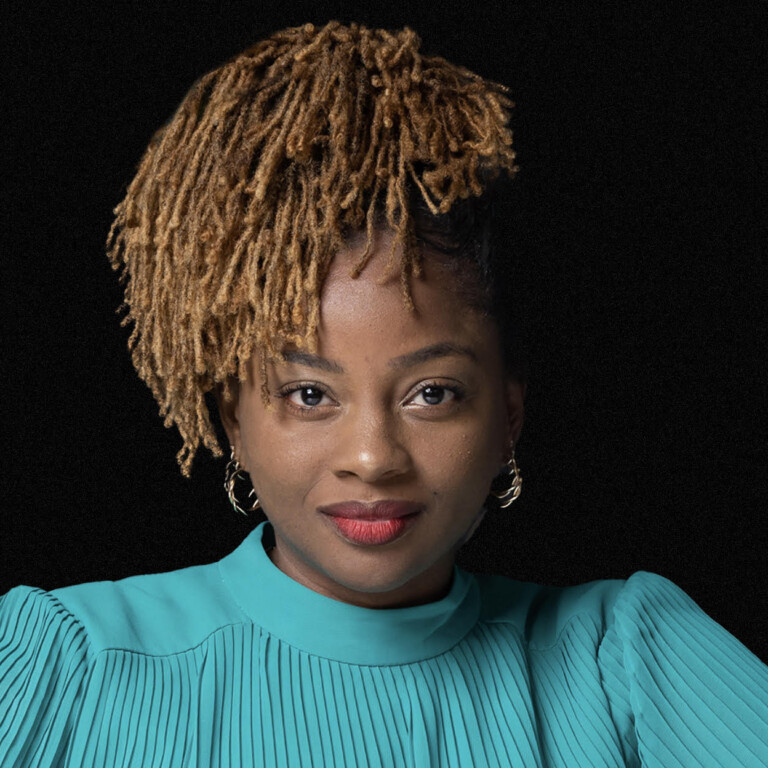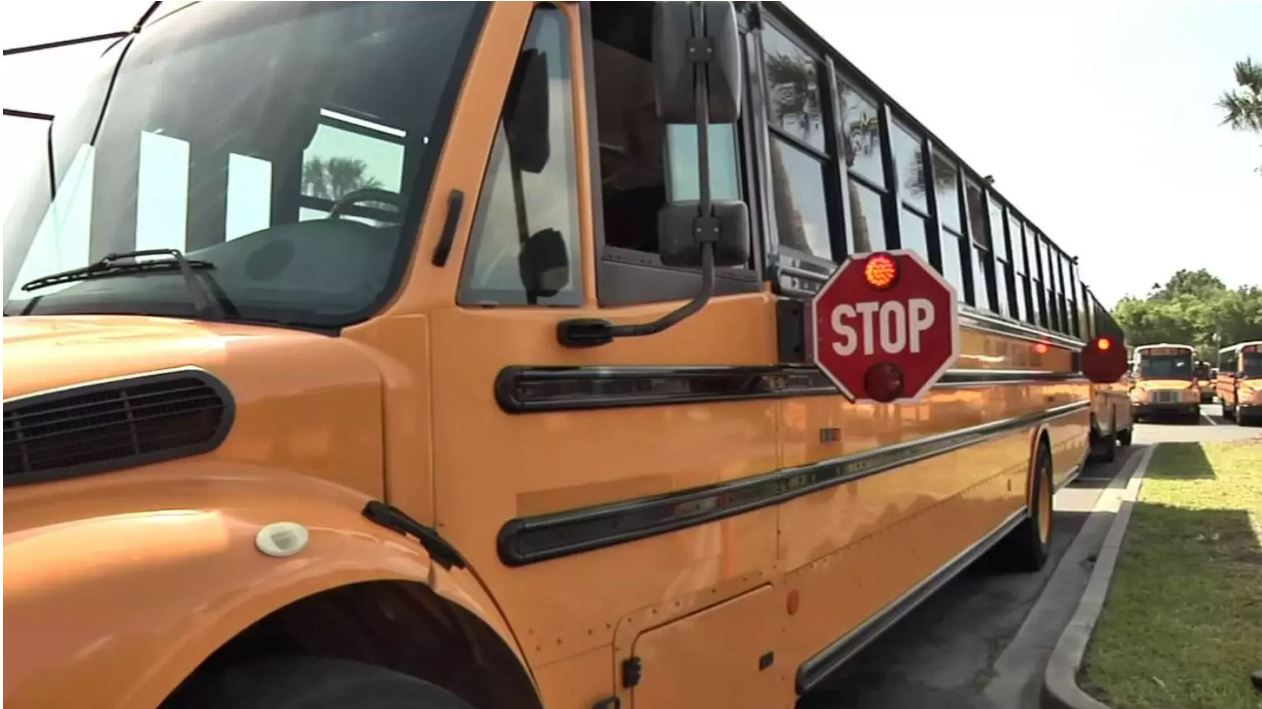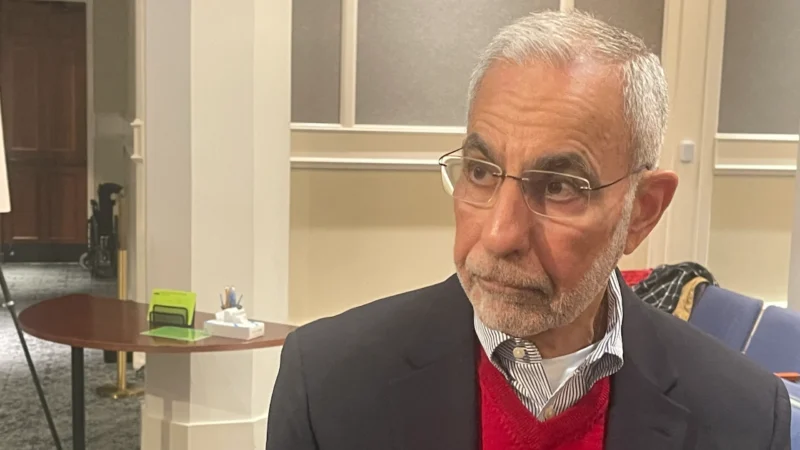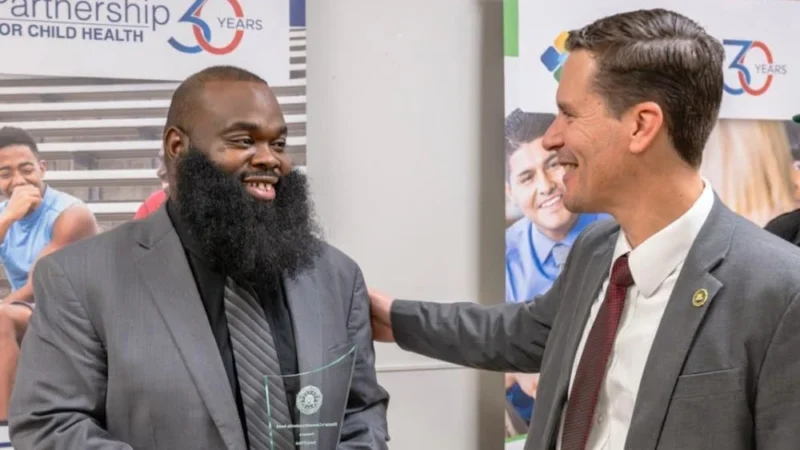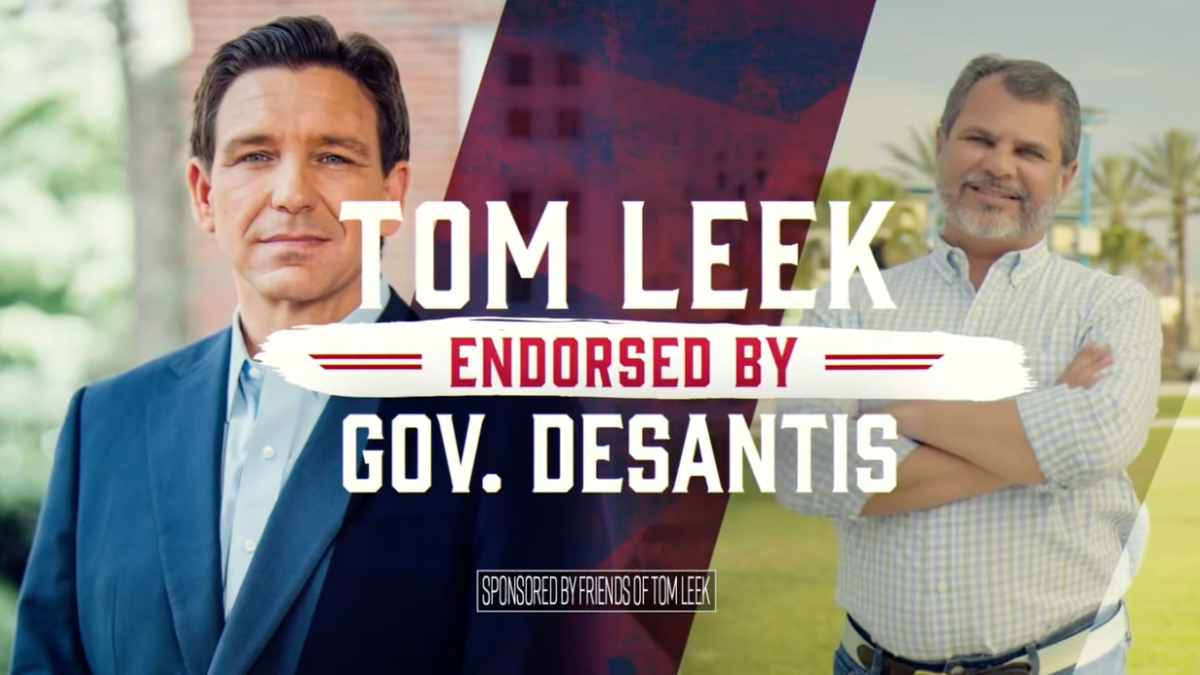As a Black woman who grew up in poverty on Jacksonville’s Eastside and who struggled mightily in the public schools, I share many of the concerns expressed by Nikesha Elise Williams in her recent column (“‘School choice’ hits different for parents of color”). Black families have always seen education as the gateway to success, yet historically have struggled to thrive in systems that either have failed to meet their needs, or actively worked against them.
I am living proof that allowing these families more options, and more opportunity, is the key to opening that gateway as wide as possible.
The first decade of my life was going in the same direction as many in my family who had all dropped out of school. I went to four or five different schools before sixth grade. I failed the third grade twice because I couldn’t read. I suffered from low self-esteem. I got into fights all the time. I was destined to be just another Eastside statistic.
However, after sixth grade, I left my family’s home and moved in with my godmother, who lived in a Habitat for Humanity house. She secured a Florida Tax Credit Scholarship, which enabled her to enroll me in a Black-founded, faith-based private school. My godmother would not have been able to afford the tuition at the school if it hadn’t been for the scholarship.
I went from getting F’s and D’s to getting straight A’s. I gained confidence. My behavior improved. I became the first person in my family to graduate high school and college.
That school changed my life.
I have dedicated my career to advocating for education choice not only because it rescued me but also because it has saved countless others, breaking the cycle of poverty in their lives.
The Urban Institute studied the effects of the Florida Tax Credit Scholarship, most of whose students were like me: largely Black or Hispanic, primarily from low-income families, and who had been enrolled in low-performing public schools. It found that scholarship students were 16-to-43% more likely than similarly disadvantaged students in public schools to attend a four-year college. Those who were on the scholarship for at least four years were 99% more likely to attend college.
And the benefits didn’t end at high school. Scholarship students were 11-to-20% more likely than similarly disadvantaged students in public schools to earn a bachelor’s degree, and those who were on the scholarship for at least four years were 45% more likely to earn a degree.
Meanwhile, as choice programs in Florida have expanded over the last quarter century, we’ve seen academic outcomes for students in public schools improve, too. That’s contrary to doom-and-gloom predictions from opponents who argue that choice will destroy public education. Education Week recently ranked Florida No. 3 in the nation in K-12 achievement, and in 2019 the state ranked No. 1, No. 1, No. 3 and No. 8 on the four core tests of the National Assessment of Educational Progress when adjusted for demographics. Two decades ago, it was near the bottom in those categories.
Academic outcomes for Black students have improved more than in any state in America. In the late 1990s, for example, Florida’s graduation rate was 52% overall – and 42% for Black students. Now, it’s 87% overall – and 82% for Black students. Over the same period, Black students in Florida have gone from the bottom in math and reading achievement to near the top.
A 2020 study published by the National Bureau of Economic Research found that as the Florida Tax Credit Scholarship program grew, test scores rose, suspensions fell, and absentee rates dropped in the public schools most affected by nearby competition from private schools.
With results like this, is it any wonder that education choice is popular with Black families? Fully 73% of Black American voters support school choice, according to choice advocates’ polling, and 71% of students enrolled in public charter schools in Florida are minorites. Blacks are also the fastest-growing group of homeschoolers.
In 2020, I founded Black Minds Matter, where our national directory now counts over 500 Black-founded schools and is constantly growing.
Equality in education means providing equal opportunities, not limiting them by ZIP code or income. For many families, a traditional public school is the best fit. But no school can be all things to all students. We are simply too diverse a nation. For those students who, like me, require something different, they need alternatives. Families need the freedom and flexibility to make their own choices in how they educate their children.
Can we do better? Absolutely. But giving families options in their children’s education is not an obstacle to progress. More choices in Florida have helped lead to better outcomes – and the justice long denied for students like me.
